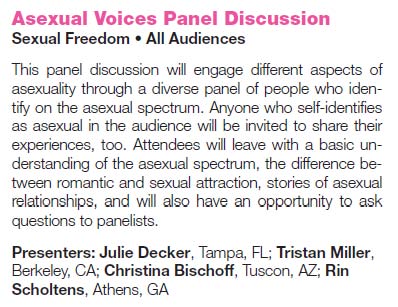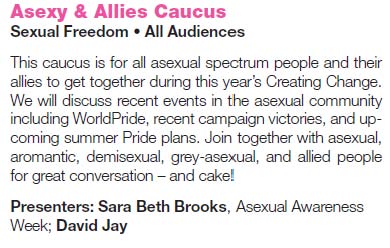As mentioned in my last post, I was one of the speakers on the Asexual Voices panel at Creating Change 2013 in Atlanta, a national LGBT conference that included asexual people in its workshop lineup for the first time.
I was one of four speakers. We had me (an aromantic asexual woman), Tristan (a gay graysexual man), Rin (a panromantic asexual agender person), and M. (a panromantic asexual agender person) on the panel. We all talked about our experiences with asexuality and the community, and gave a sixty-minute question-and-answer session, followed by a caucus of asexual people and allies. It was a good experience.
Besides the panel, I got to go to other people’s workshops and network with other folks in the queer community. President Obama sent a video in support of LGBT organizers and the community, which was really huge. And I got to meet David Jay (founder of AVEN), Sara Beth Brooks (founder of Asexual Awareness Week), the other panelists Tristan (of the Asexual Agenda), Rin, and M., and also Hannah (who was there for work stuff) and a couple other asexual people we went to dinner with.
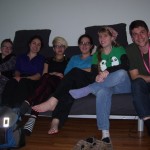
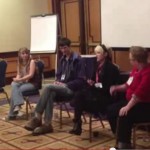
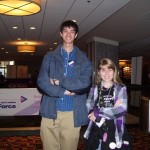
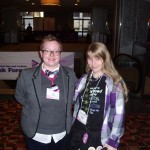
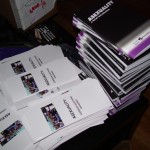
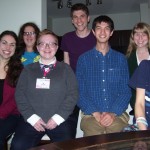
David Jay did some report-outs from each day of the conference. Day 1 happened before I got there, and Day 2 and Day 3 include me in the videos.
I had a lot of good experiences, and now I’m ready to start working on my nonfiction book again. I already have a bunch of test reader volunteers, but if anyone reading this wants to be a test reader, let me know.

